Adam Finchler - The Room (2024)
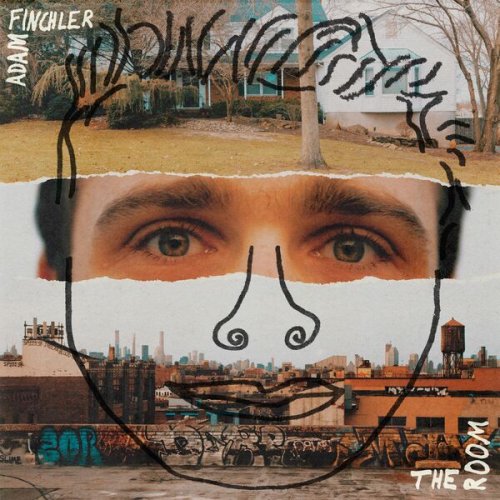
Artist: Adam Finchler
Title: The Room
Year Of Release: 2024
Label: Window Sill
Genre: Folk, Alternative, Singer-Songwriter
Quality: 320 / FLAC (tracks)
Total Time: 26:11
Total Size: 63 / 158 Mb
WebSite: Album Preview
Tracklist: Title: The Room
Year Of Release: 2024
Label: Window Sill
Genre: Folk, Alternative, Singer-Songwriter
Quality: 320 / FLAC (tracks)
Total Time: 26:11
Total Size: 63 / 158 Mb
WebSite: Album Preview
01. Eye Massage (2:17)
02. Summer Flower (3:27
03. Patrick (3:26)
04. The Room (2:15)
05. Reason to Cry (2:53)
06. Freedom Tower Window Washers (3:08)
07. Melinda Wagner (1:33)
08. Try to Love Toronto (1:37)
09. The President's Colonoscopy (2:57)
10. Roseanne Finale (2:38)
At various points in his career, Adam Finchler has embraced anti-folk storytelling, Strokes-y guitar minimalism and even, on 2016 track Mr Death, a kind of existential dive-bar jazz. It’s the kind of music in which, through its sonic signifiers rather than in lyrical content, the city of New York is instantly discernible. With the mise en scene so vividly and effortlessly set, Finchler is free to indulge in his songcraft: in the clever, witty lyrics that have become the calling card of so many Anti-Folk New York guys over the years, but which he is better at than most.
Broadly speaking, the songs on The Room (Finchler’s debut solo album, after teasing us for a decade with EPs and singles) fall into two categories: on one hand, the short, surreal or minimal pieces that hang on pithy, unexpected statements, and on the other the strange but perfectly observed narratives, slightly longer and defined by their detail. Opening track Eye Massage falls squarely into the former group, a song in which Finchler tells us he has a coupon for an eye massage, and that’s about it. But it works, because the delivery is suitably deadpan and because the music – scuzzy, spiky, propulsive guitar – compels it to work.
Summer Flower is an example of the second category, but compared with the twistier narratives of Jeffrey Lewis or the ribald non-sequiturs of Adam Green, Finchler’s writing is defined by a more delicate variety of abstraction, one that flirts with hometown nostalgia but never loses it knowing wink. It shares as much with the Brooklyn DIY scene of the 1980s – specifically, They Might Be Giants – as it does with the anti-folk of the early 2000s. Patrick saunters along on a lithe guitar line as Finchler recites a lean, enigmatic character study. It’s a bit preppy, a bit nerdy, and always endearing. Melinda Wagner pulls the same trick: it’s only a minute and a half long but its guitar lines and vocal hooks – at once fresh and familiar – stay with you much longer.
Greenwich Village folkiness pervades the title track, with its bright, bubbling acoustic guitar, while Reason to Cry has a radio friendly slickness – courtesy of some unexpectedly layered production – that belies its dark message of addiction and inner city anxiety. It’s a far cry from Finchler’s days as drummer in lewd, abrasive folk-punk band Rubber Molding. Freedom Tower Window Washers is an oddly touching monologue set to a combination of vertiginous synths and crunchy alt-rock guitar. Like many of Finchler’s songs, it is ultimately serious, but he knows exactly when and where to sprinkle the humour (‘eating dinner with my girlfriend last night, I had a vision in my meatloaf’, he sings, before the real emotional meat of the song kicks in). The President’s Colonoscopy, the most tender song here, is told from the point of view of a camera on its journey up the presidential rectum: if it’s an original perspective you’re looking for in a songwriter, look no further.
Despite the occasional nostalgic foray into smalltown America, The Room is unashamedly a city album: it celebrates the city, but it also recognises the destabilising and alienating effects it can have on an individual. The city in question is, for the most part, New York, but Toronto gets a look in too on Try to Love Toronto, a strange and disjointed ditty that always feels like it’s about to break out into Rain Dogs-era Tom Waits. The closing instrumental Roseanne Finale somehow manages to sound like Arthur Russell in a cocktail shaker. It puts a truly weird seal on what is already one of the most unusual, distinctive and delightful albums of the year.
Broadly speaking, the songs on The Room (Finchler’s debut solo album, after teasing us for a decade with EPs and singles) fall into two categories: on one hand, the short, surreal or minimal pieces that hang on pithy, unexpected statements, and on the other the strange but perfectly observed narratives, slightly longer and defined by their detail. Opening track Eye Massage falls squarely into the former group, a song in which Finchler tells us he has a coupon for an eye massage, and that’s about it. But it works, because the delivery is suitably deadpan and because the music – scuzzy, spiky, propulsive guitar – compels it to work.
Summer Flower is an example of the second category, but compared with the twistier narratives of Jeffrey Lewis or the ribald non-sequiturs of Adam Green, Finchler’s writing is defined by a more delicate variety of abstraction, one that flirts with hometown nostalgia but never loses it knowing wink. It shares as much with the Brooklyn DIY scene of the 1980s – specifically, They Might Be Giants – as it does with the anti-folk of the early 2000s. Patrick saunters along on a lithe guitar line as Finchler recites a lean, enigmatic character study. It’s a bit preppy, a bit nerdy, and always endearing. Melinda Wagner pulls the same trick: it’s only a minute and a half long but its guitar lines and vocal hooks – at once fresh and familiar – stay with you much longer.
Greenwich Village folkiness pervades the title track, with its bright, bubbling acoustic guitar, while Reason to Cry has a radio friendly slickness – courtesy of some unexpectedly layered production – that belies its dark message of addiction and inner city anxiety. It’s a far cry from Finchler’s days as drummer in lewd, abrasive folk-punk band Rubber Molding. Freedom Tower Window Washers is an oddly touching monologue set to a combination of vertiginous synths and crunchy alt-rock guitar. Like many of Finchler’s songs, it is ultimately serious, but he knows exactly when and where to sprinkle the humour (‘eating dinner with my girlfriend last night, I had a vision in my meatloaf’, he sings, before the real emotional meat of the song kicks in). The President’s Colonoscopy, the most tender song here, is told from the point of view of a camera on its journey up the presidential rectum: if it’s an original perspective you’re looking for in a songwriter, look no further.
Despite the occasional nostalgic foray into smalltown America, The Room is unashamedly a city album: it celebrates the city, but it also recognises the destabilising and alienating effects it can have on an individual. The city in question is, for the most part, New York, but Toronto gets a look in too on Try to Love Toronto, a strange and disjointed ditty that always feels like it’s about to break out into Rain Dogs-era Tom Waits. The closing instrumental Roseanne Finale somehow manages to sound like Arthur Russell in a cocktail shaker. It puts a truly weird seal on what is already one of the most unusual, distinctive and delightful albums of the year.
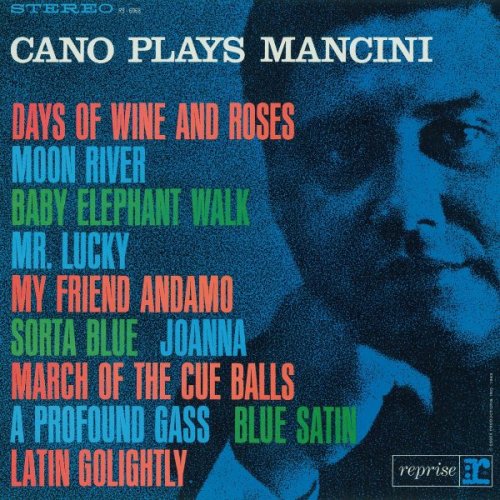
![Larry Coryell - Major Jazz Minor Blues (1998) [CDRip] Larry Coryell - Major Jazz Minor Blues (1998) [CDRip]](https://www.dibpic.com/uploads/posts/2026-02/1771860317_5.jpg)
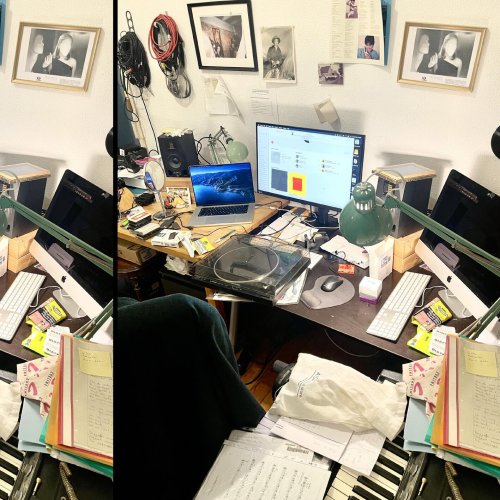
![Whatever Happens Don't Be Yourself! - Tales of No Consequence (2026) [Hi-Res] Whatever Happens Don't Be Yourself! - Tales of No Consequence (2026) [Hi-Res]](https://img.israbox.com/img/2026-02/27/6usdiy5oinb96d1lfeldes4eg.jpg)
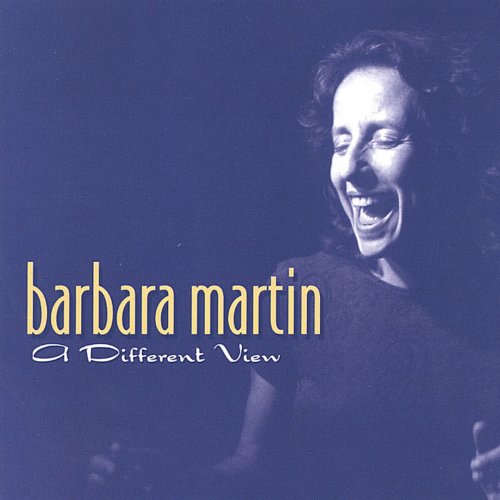
![Nathalie Darche, Alban Darche, Geoffroy Tamisier, Chloé Cailleton - Dandy Dandie - Helios y Selene (2026) [Hi-Res] Nathalie Darche, Alban Darche, Geoffroy Tamisier, Chloé Cailleton - Dandy Dandie - Helios y Selene (2026) [Hi-Res]](https://www.dibpic.com/uploads/posts/2026-02/1772112437_snbggfr6gccwr_600.jpg)
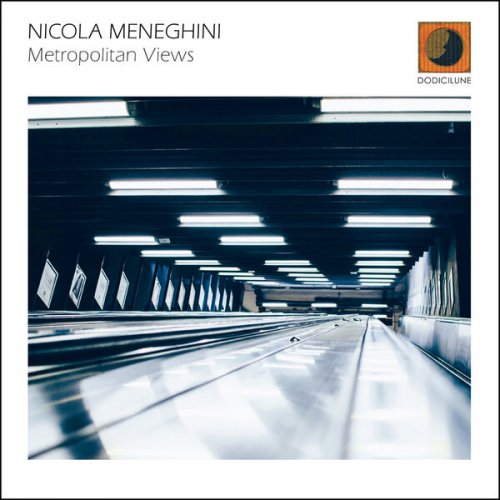
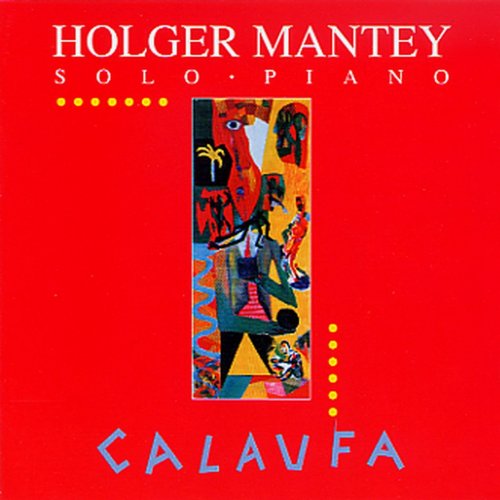
![Alcides Neto - Amú (2026) [Hi-Res] Alcides Neto - Amú (2026) [Hi-Res]](https://img.israbox.com/img/2026-02/26/mtckmw6jmvula60sukh6h3h26.jpg)